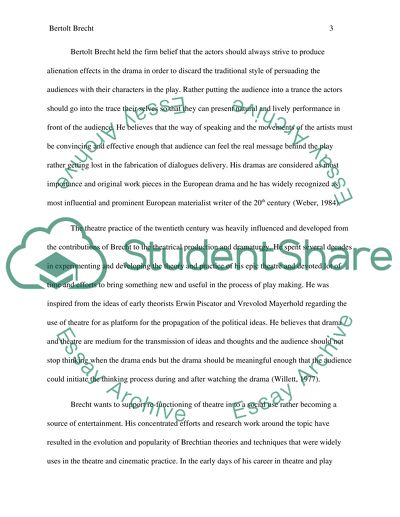Cite this document
(“PERFORMANCE AND CULTURE Essay Example | Topics and Well Written Essays - 2500 words”, n.d.)
Retrieved from https://studentshare.org/environmental-studies/1416600-performance-and-culture
Retrieved from https://studentshare.org/environmental-studies/1416600-performance-and-culture
(PERFORMANCE AND CULTURE Essay Example | Topics and Well Written Essays - 2500 Words)
https://studentshare.org/environmental-studies/1416600-performance-and-culture.
https://studentshare.org/environmental-studies/1416600-performance-and-culture.
“PERFORMANCE AND CULTURE Essay Example | Topics and Well Written Essays - 2500 Words”, n.d. https://studentshare.org/environmental-studies/1416600-performance-and-culture.


